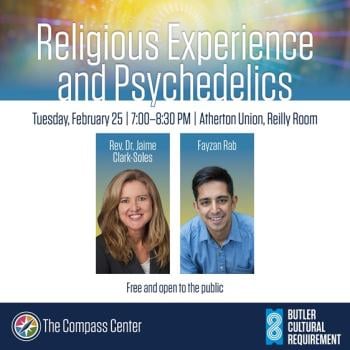Conservative Christians have made this a central issue, and have brought untold shame on Christianity by insisting on the literal truth of the story. I wonder how long it will be before this period in history is an embarrassing relic of the past, like the controversy over Copernicanism in relation to the sun allegedly stopping in the sky at Joshua’s command, which Christians look back on with discomfort – while repeating the same approach in relation to some other new area at the interface of increasing scientific understanding and the ancient perception of the cosmos reflected in the Bible.
In addition to the NPR article, around the blogosphere several other posts touched on this same basic subject. Pete Enns continued his series at BioLogos on the CSBI doctrine of Scripture, asking whether the Bible is historically infallible and inerrant, with attention to the early chapters of Genesis. RJS at Jesus Creed discusses how those stories came to be in the Bible, and asks whether it matters that ancient readers would have assumed their basic truthfulness. (My answer is that no, the fact that ancient readers and even Biblical authors assumed things were factual because they had no way to know otherwise, does not justify those of us who do know otherwise of insisting on their factuality even so). And Jim West seemed off to a good start in a post indicating that began by touching on the problem of expecting the Bible to address matters of modern science. But he then made the strange claim that science cannot tell us whether Adam and Eve existed. The story of Adam and Eve is a myth, and when read as about what human beings are like in general, it is quite insightful. If Jim was attempting to shield some hint of literal historical factuality for the story from scientific analysis, then I think that is a mistake. If his point was that asking such questions misses the point, then I agree.












